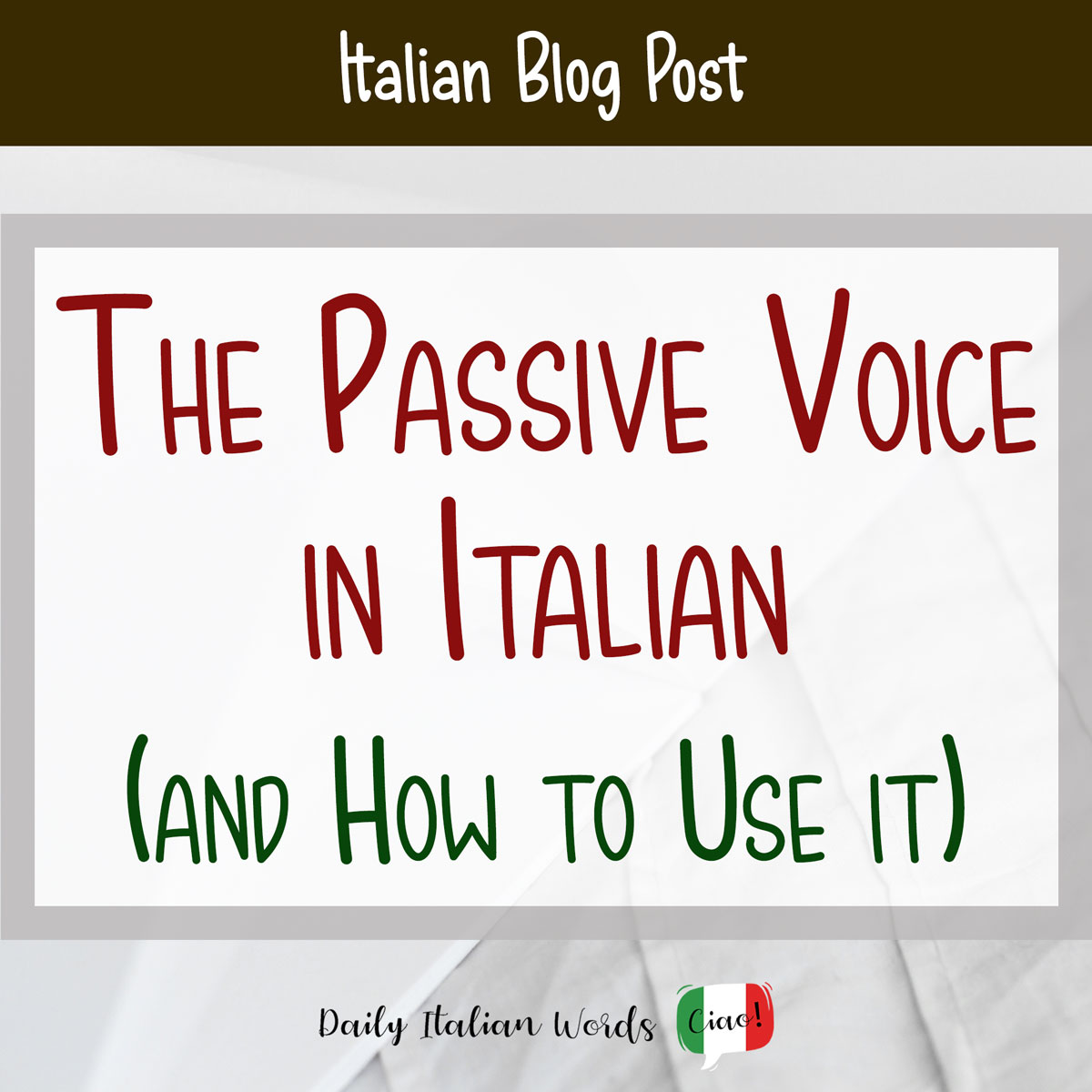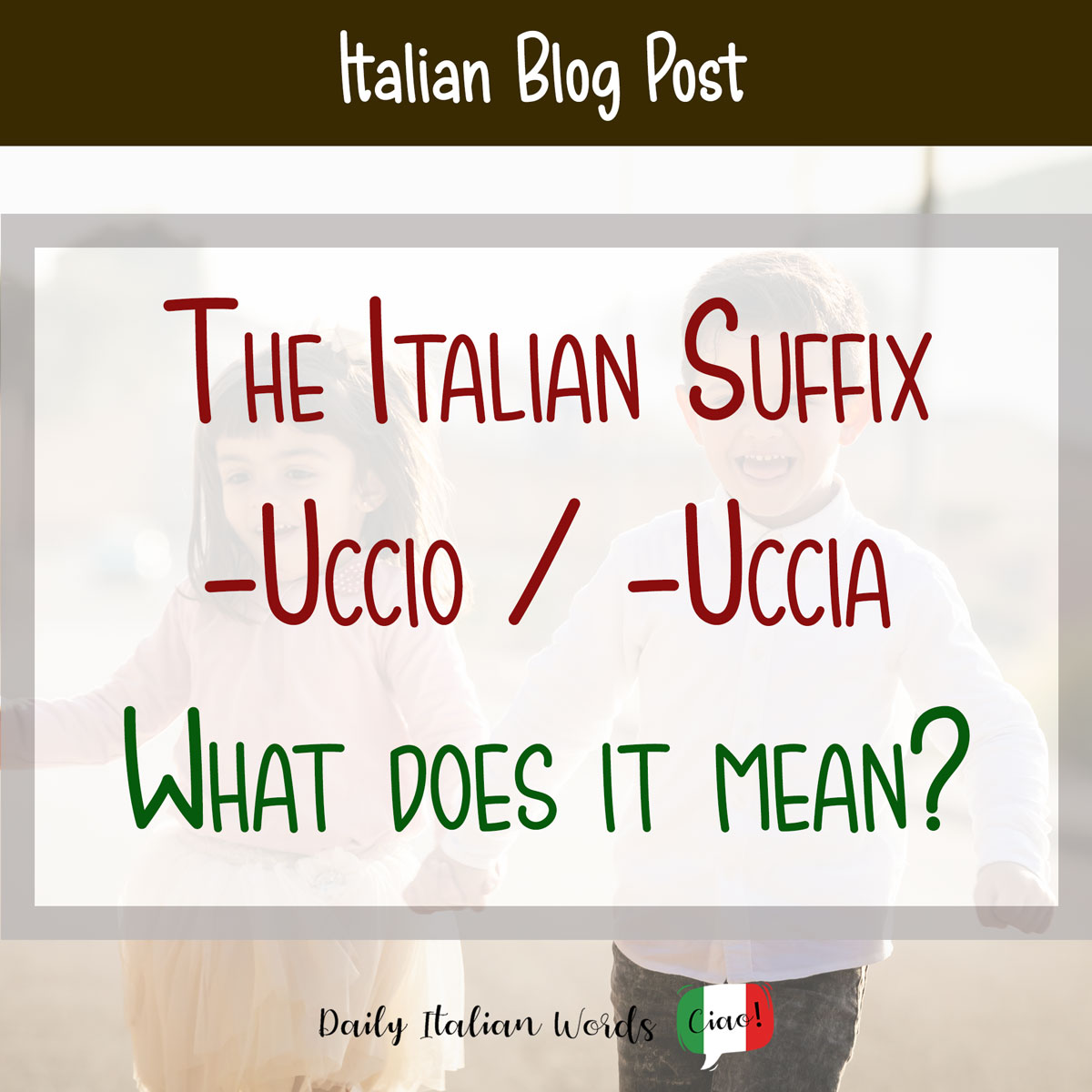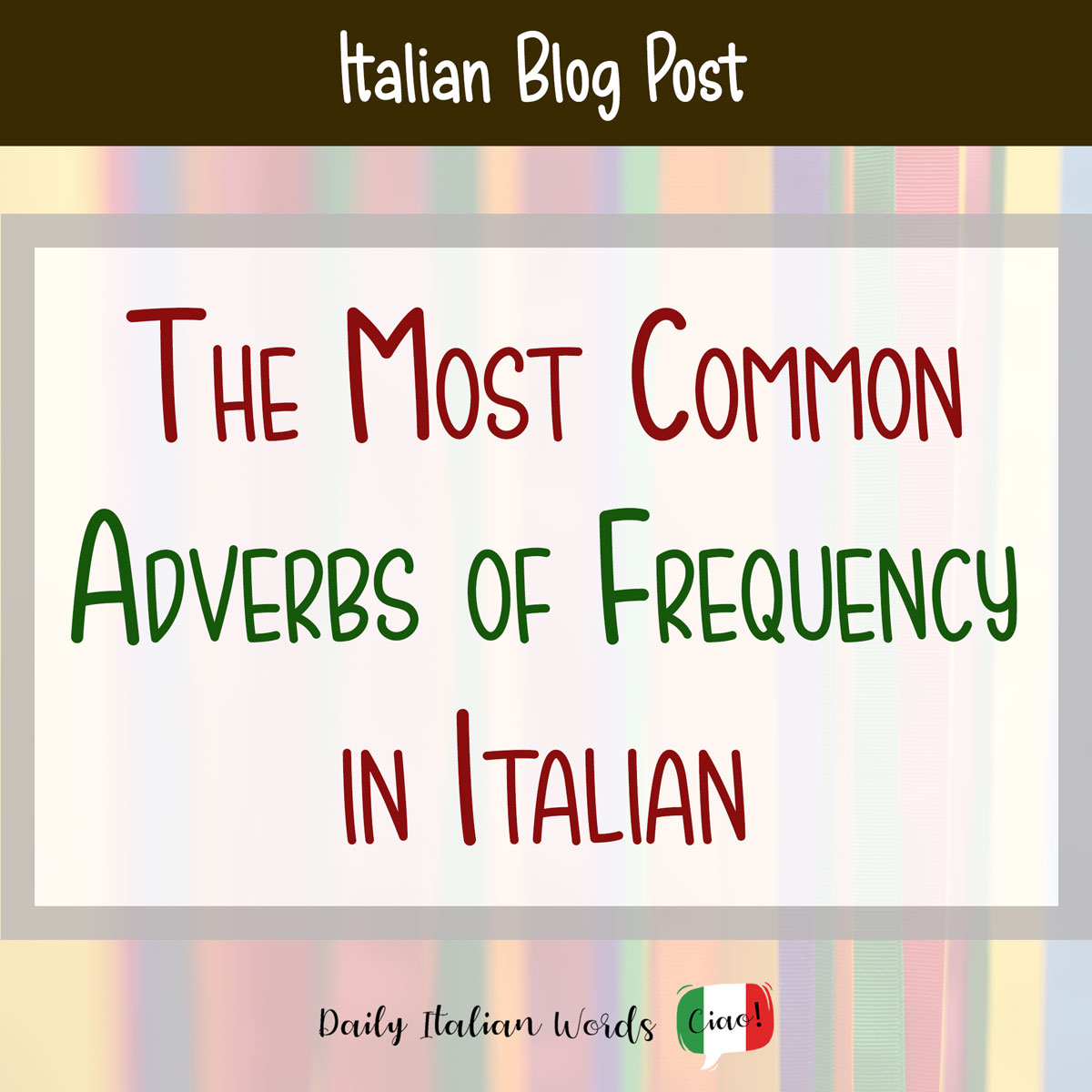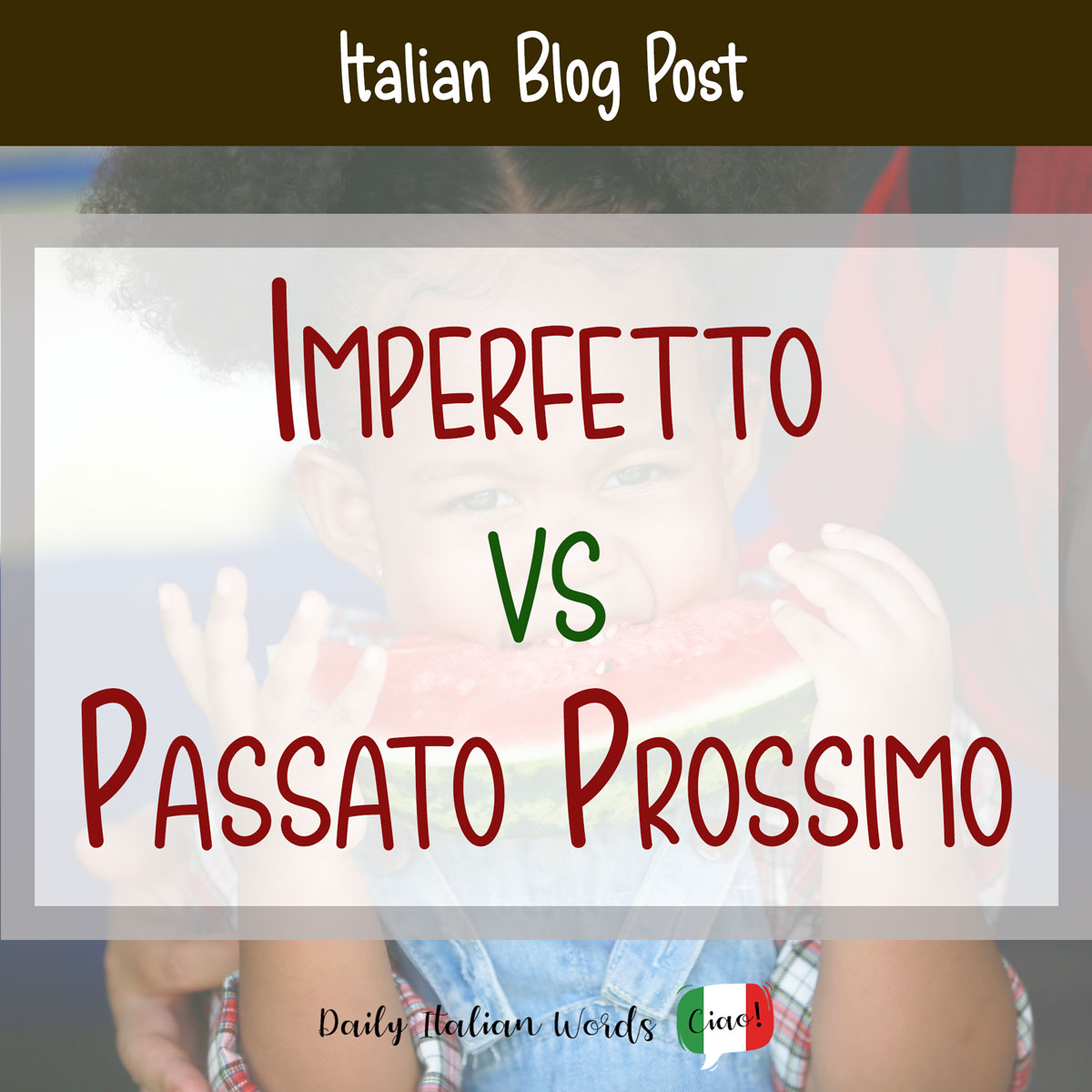The Passive Voice in Italian (and How to Use it)
Many of our readers often feel puzzled about the passive voice in Italian and how to use it correctly. Much of this confusion probably stems from the fact that many people aren’t familiar with what the passive voice is. In this article, our goal is to explain the passive voice and its usage in the …






